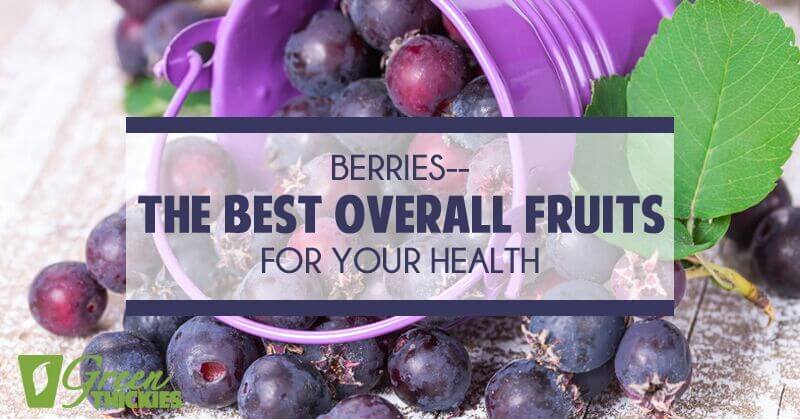
By Dr. Joseph Mercola
with Rachael Droege
Berries are among the best fruits on the planet. Not only do they taste great, but they are densely packed with a variety of potent phytochemicals that can do wonders to normalize and improve health. They are also high in fiber and relatively low in sugar, so they won’t stimulate severe insulin swings if eaten in moderation.
The best way to eat berries is in their raw, natural state, as heating and freezing can damage antioxidants. However, some antioxidants will remain even after heating or freezing.
Different types of berries do contain varying levels of nutrients, and can therefore be more beneficial for certain types of illness. You can find out the details of some of the most common and most nutritious berries–blueberries, cranberries, strawberries and raspberries–below.
** Please note that this post may contain affiliate links which means that I can receive a small payment if you make a purchase through my links.
Blueberries
Researchers at the USDA Human Nutrition Center (HNRCA) have ranked blueberries #1 in antioxidant activity when compared to 40 other fresh fruits and vegetables. They contain powerful phytochemicals, such as anthocyanin, which is the pigment that gives blueberries their color.
Blueberries are associated with numerous health benefits including protection against urinary-tract infections, cancer, age-related health conditions and brain damage from strokes. They may also reduce the build-up of so-called “bad” cholesterol, which contributes to heart disease and stroke.
The European blueberry, bilberry, is also known to prevent and even reverse the most common cause of blindness, macular degeneration.
Additionally, blueberries contain vitamins A and C, zinc, potassium, iron, calcium and magnesium, and are high in fiber and low in calories.
Cranberries
Along with their well-known usefulness in treating urinary-tract infections, cranberries also protect against cancer, stroke and heart disease.
Cranberries are rich in polyphenols, a potent antioxidant, and researchers have found that they may inhibit the growth of human breast cancer cells and reduce the risk of gum disease and stomach ulcers. They have also been found to decrease levels of total cholesterol and “bad” cholesterol in animals.
Many people associate cranberries with store-bought cranberry juice. I would not use this as your source of cranberries, however, as the juice is high in sugar that will weaken your immune system and overall health. You can find pure cranberry juice, but it tends to be expensive and doesn’t taste too great.
To achieve the maximum health benefits, it’s best to eat whole, raw cranberries. They taste especially great when added to vegetable juice.
Strawberries
Strawberries came in second to blueberries in the USDA’s analysis of antioxidant capacity of 40 fruits and vegetables. They are also rich in dietary fiber and manganese, and contain more vitamin C than any other berry (more than any other berry).
Among strawberries’ antioxidants are anthocynanins and ellagic acid, a phytochemical that has been shown to fight carcinogens. Antioxidant compounds found in strawberries may also prevent the oxidation of LDL (“bad”) cholesterol, and thereby help fight the development of heart disease.
Strawberries are also high in folic acid, dietary fiber and potassium.
Raspberries
Raspberries are rich in anthocyanins and cancer-fighting phytochemicals such as ellagic, coumaric and ferulic acid. They also contain calcium, vitamins such as A, C, E, fiber and folic acid.
Some of the fiber in raspberries is soluble fiber in the form of pectin, which lowers cholesterol. Raspberries have also been found to protect against esophageal cancer and other cancers.
Please note that fruit juices should be avoided as they contain a large amount of fructose. Each glass of juice, even those with no sugar added, has more sugar than a glass of soda. Although the sugar it contains is fructose, it will still negatively affect your immune system.
As with all fruits, I do recommend that you eat berries in moderation. If you eat too many berries the carbohydrate will increase your insulin levels. This is partially compensated for by the fiber in the whole fruit, which helps delay the absorption of sugar.
Eating small amounts of whole fruits will not provide tremendous amounts of the natural sugar fructose, however, and therefore should not be a problem for most people.
Pin this by clicking here:
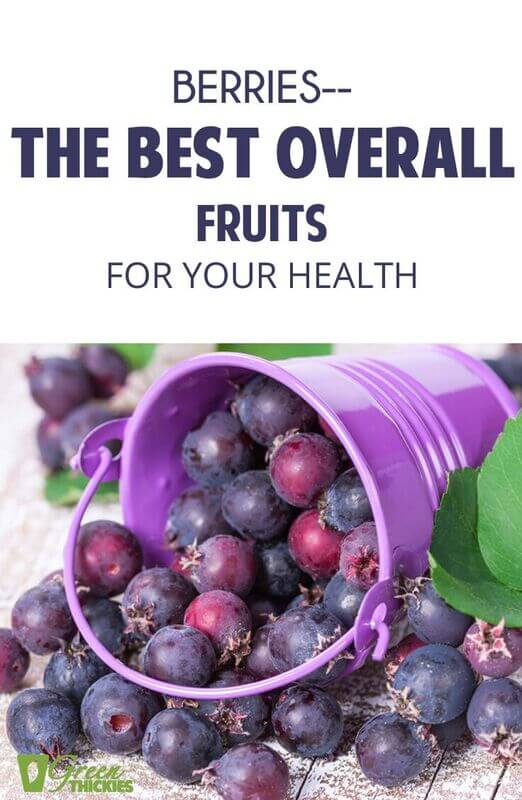
Are you struggling to lose weight and keep it off?
Are you feeling run down and are struggling with ever increasing health problems?
Green Thickies new 7 Day Detox will help you drop a dress size, improve your skin, your energy will soar and you are going to be so in control and proud of yourself.
You won't go hungry on this diet ... And better yet - it actually requires minimal time in the kitchen.
Get results like this...
Hi Katherine,I just wanted to tell you I completed the 7 day detox and I feel so great.
I have lost 6lbs, do not feel like I need more my morning coffee, the flushing of my facial skin from rosacea has dramatically reduced and I am so excited to wake up each morning and make a green thickie for breakfast!!
I am a stay at-home, homeschooling momma of 3 littles and at times so busy I would forget to feed myself!
I would go most of the day without eating and then snack on random things.
I gained 60 pounds the last 6 years during pregnancy.
I have lost 30lbs but recently plateaued and have felt so frustrated.
I’ve tried everything from paleo and keto to the point where I didn’t know what to eat or how much and felt like even eating fruit was bad for me which thankfully it’s not!
What a game changer for me. Thank you for sharing a simple but effective program.
I’m so excited to continue another week with this plan! Thankful Stephanie
Use this special voucher to get $10 off: WEBSITE (Add discount code WEBSITE at the checkout)
Click here to get started
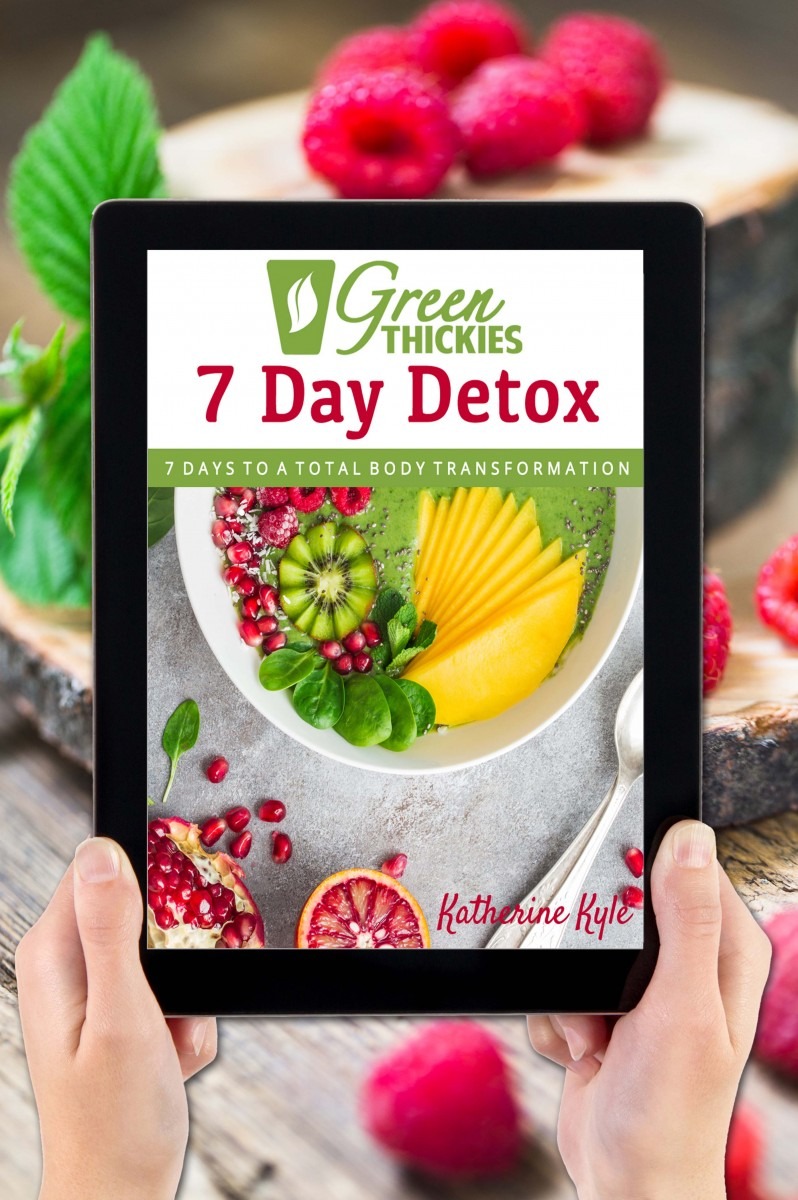
- How To Use Bananas For Sleep (Bedtime Banana Elixir Recipe) - January 14, 2022
- Why You Can’t Eat Your 5 A Day (And The EASY SOLUTION) - November 29, 2021
- 10 Second Banana Ice Cream Recipe (Using Only Bananas) - November 1, 2020


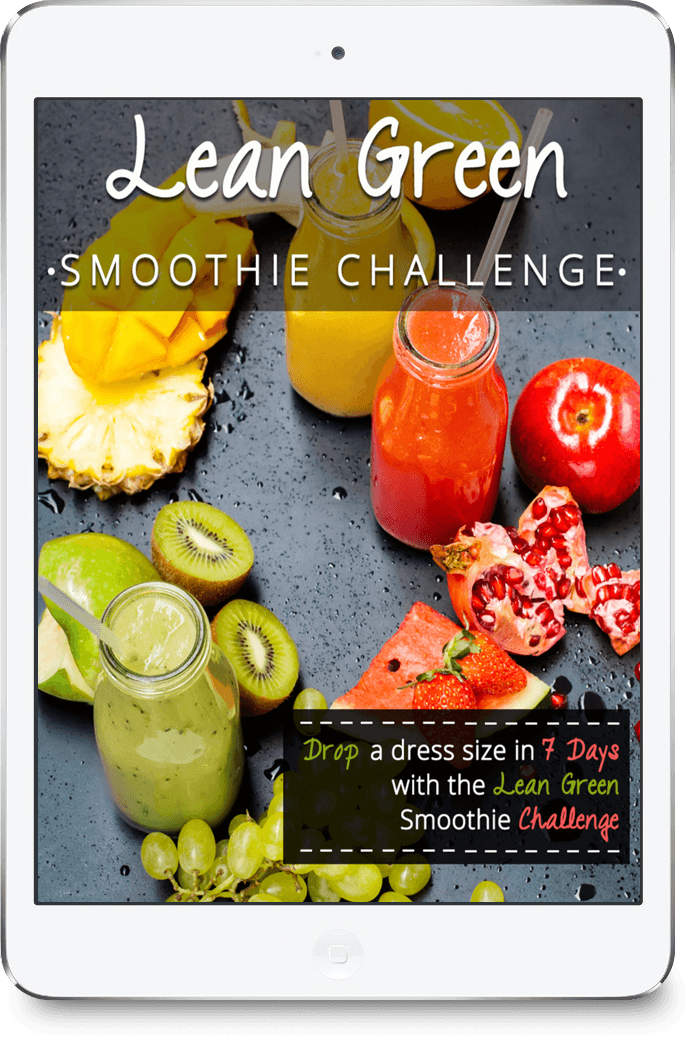

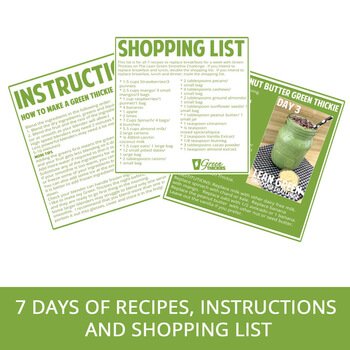
 Hi, I’m Katherine. I lost 56 pounds and recovered from Chronic Fatigue Syndrome by replacing meals with Green Thickies – my original smoothie concept.
Hi, I’m Katherine. I lost 56 pounds and recovered from Chronic Fatigue Syndrome by replacing meals with Green Thickies – my original smoothie concept.
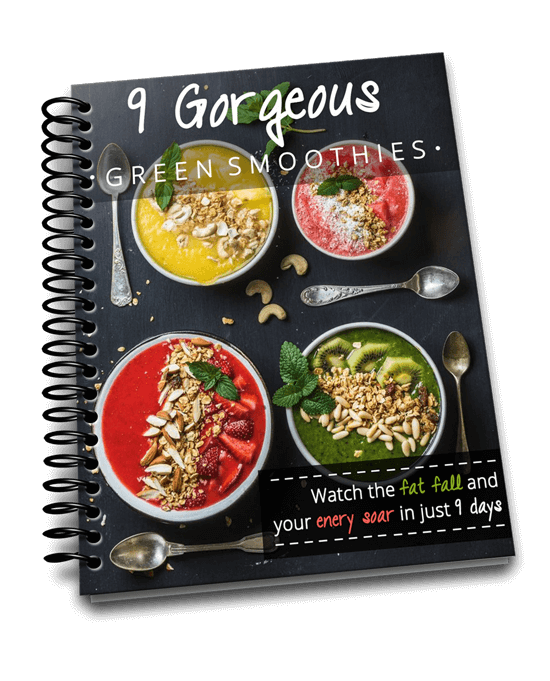
Leave a Reply